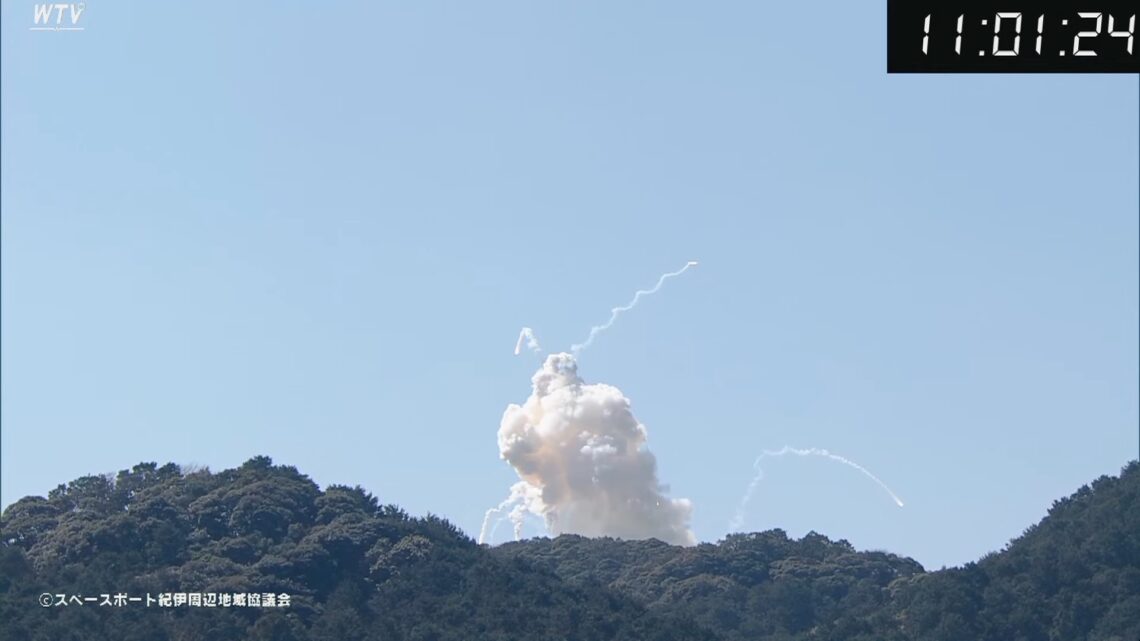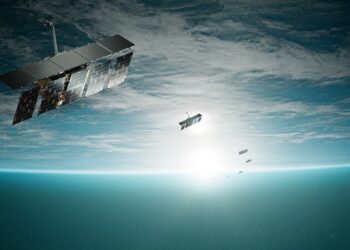THE WOODLANDS, Texas — The first flight of privately developed Japanese rocket ended in a catastrophic failure seconds after liftoff March 12.
The Kairos rocket, built by Japanese company Space One, exploded about five seconds after liftoff at 10:01 p.m. Eastern from Spaceport Kii, a launch site in the southern part of Honshu. In a webcast of the launch, the rocket had not yet cleared a hillside surrounding it when it exploded.
Fragments of the rocket fell back to the ground near the launch pad. There were no reports of injuries, and the launch pad itself appeared to escape damage.
It was not immediately clear what caused the explosion of the rocket, which uses three solid-propellant lower stages and a liquid-propellant upper stage. A brief statement by the company suggested the rocket’s flight termination system had been triggered but did not explain why.
The launch was originally scheduled for March 9 but aborted in the final seconds of the countdown and again at the end of a 16-minute launch window. Space One later said that a ship in restricted waters offshore forced the delay.
Kairos was developed to serve the small satellite market, with a payload capacity of 150 kilograms to sun-synchronous orbits and 250 kilograms to an orbit inclined at 33 degrees. This launch was carrying an experimental satellite to test responsive space capabilities for the Japanese military.
Space One was founded in 2018 and has shareholders that include Canon Electronics, IHI Aerospace and the Development Bank of Japan. The company said those shareholders brought specific strengths, such as Canon’s expertise in mass production of electronics and IHI Aerospace’s background in rocket development.
Kairos was billed as Japan’s first orbital launch vehicle developed exclusively with private support and without the backing of the…
Read the full article here


